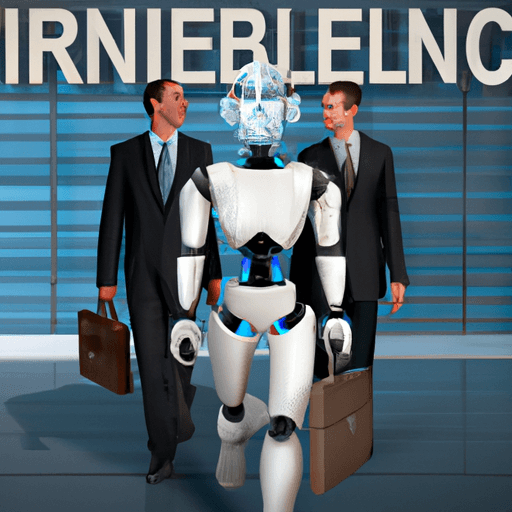Unravelling the Impact of Artificial Intelligence on Job Security
As artificial intelligence continues to advance into various sectors, it reveals both promising opportunities and critical challenges. As an AI researcher, it falls on me to explore and illustrate the effects of AI on the current employment landscape across industries. Let us delve into both the positive and negative impacts of this formidable technology on job security.
Positive Impacts of AI
Automation of Tasks
Incorporating AI into industries can drastically reduce the burden of repetitive tasks on the workforce. Automation, driven by sophisticated algorithms, can deliver tasks more efficiently, freeing up workers for more strategic, creative, and decision-making roles.
The Emergence of New Job Categories
Far from just eliminating jobs, AI opens the door to several new job categories and opportunities. The demand for AI and data specialists, AI ethicists, and AI trainers is rapidly growing. In this new AI-driven world, many roles even beyond the tech industry are expected to transform and integrate AI skills.
Negative Impacts of AI
Displacement of Roles
While AI is poised to improve job efficiency, the threat of automation also means displacement of jobs, especially for lower-skilled roles. Predictably, industries like manufacturing, retail, logistics, and finance are at the higher risk of automation displacement.
Skills Gap among Workforce
The introduction of AI necessitates a workforce well-versed in handling the technology. However, given the rate at which AI is being adopted, there exists a skills gap among workers, especially those from older generations or those in sectors less exposed to advanced technology.
Potential Solutions
Re-skilling and Up-skilling
One of the viable solutions to address this technological disparity is by re-skilling and up-skilling the workforce. By enabling workers to adapt and learn new skills required for the changing landscape, one can ensure minimal displacement and a more balanced transition into the AI-dominant future.
Expert Opinions, Future Predictions, and Statistics
The McKinsey Global Institute suggests that by 2030, intelligent agents and robots could eliminate as much as 30% of the world's human labour, and displace the jobs of 75 million to 375 million people. Despite this, many experts, including Kai-Fu Lee, bestselling author and former president of Google China, believe that AI will be the single most transformative force in human history, and with correct policy decisions, can be harnessed for societal good.
Conclusion
While AI may pose several challenges, its potential benefits and transformative capabilities are undeniable. As industries adapt to this evolving landscape, the key might lie in proper preparation, policy development, and constant skilling for the workforce. This way, we can ensure that the balance between technology and job security is maintained.


















Comments
Leave a Comment